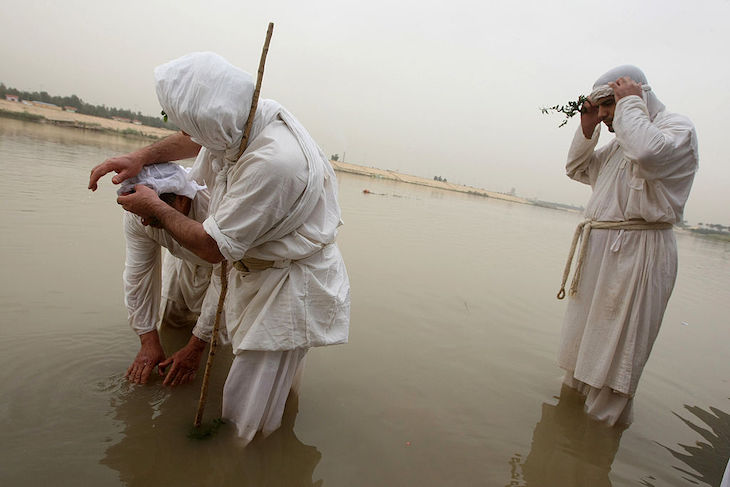Gnosticism – the belief that the creation of the material world was a mistake, and the creator deity a bungling lesser entity distinct from the supreme God – has been vigorously opposed by both Jews and Christians down the centuries. Yet even when censured, the gnostics’ views retained a certain appeal.
Already a subscriber? Log in
Subscribe for just $2 a week
Try a month of The Spectator Australia absolutely free and without commitment. Not only that but – if you choose to continue – you’ll pay just $2 a week for your first year.
- Unlimited access to spectator.com.au and app
- The weekly edition on the Spectator Australia app
- Spectator podcasts and newsletters
- Full access to spectator.co.uk
Or




















Comments
Don't miss out
Join the conversation with other Spectator Australia readers. Subscribe to leave a comment.
SUBSCRIBEAlready a subscriber? Log in